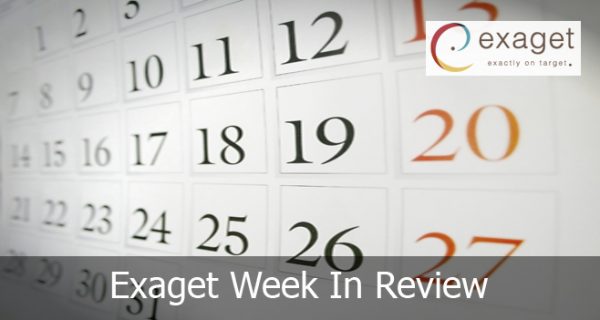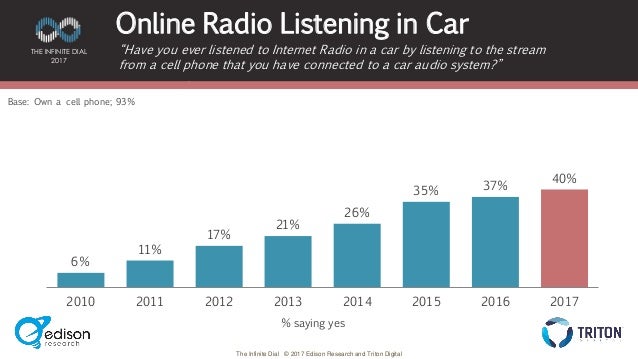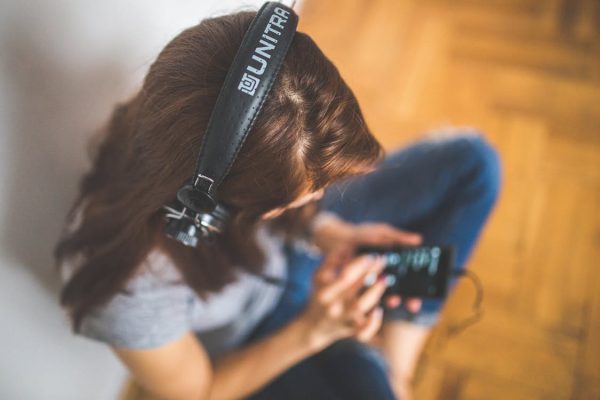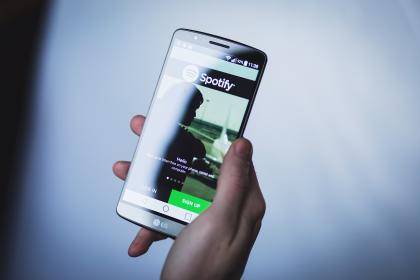Week in Review – March Week 2
The Infinite Dial results are here and this Week in Review highlights some interesting findings. Furthermore, the UK have something to be proud of; the UK’s commercial radio sector has reaped its largest ever annual advertising revenue total in 2016. In addition, there’s a new and improved version of the app which encourages users to make their own ‘radios stations’ and Union Jack has hit 3 million song votes in just 6 months.
Infinite Dial 2017 Results are Revealed
Edison Research and Triton Digital have unveiled their yearly Infinite Dial study, where they show American consumer usage of media and technology, including coverage of digital audio, social media, mobile smart speakers as well as podcast consumption.
Key findings include:
- Time spent listening to online radio has surged to an all-time high, with listeners spending 14 hours and 39 minutes a week listening to online radio.
- Pandora dominated audio brands with 86% aware of the brand.
- 2 in 5 Americans have listened to a podcast in their lifetime.
- Radio continues to dominate in-car audio with 47% using it as their primary source of car audio.
- 12-24 year olds use Snapchat more than any other social media platform.
UK Radio Ad Spend is Higher than Ever
The UK’s commercial radio sectors advertising revenue total for 2016 was £645.8 million. This is the largest ever annual advertising revenue the UK has reaped and is up by 5.4% over 2015. 2016 marks commercial radio’s third consecutive annual revenue gain. The biggest contributors to radio ad revenue were automotive, retain, entertainment and leisure, finance and also government advertisers.
 Anchor App gets users creating digital radio stations where content disappears after 24 hours
Anchor App gets users creating digital radio stations where content disappears after 24 hours
The Anchor App encourages users to record short form audio snippets which, similar to Snapchat, disappear after 24 hours. Although the creators released the app a year ago, they have updated it with a new and improved version. Anchor 2.0 features improved tools for audio creation, with features enabling users to easily adds full songs, professionally recorded transmissions as well as”call in” responses from listeners.
Union Jack Receives Three Million Song Votes
DAB+ radio station, Union Jack, which launched just 6 months ago, has already received three million song votes. The station plays ‘the best of British’ songs and engages listeners by encouraging them to request songs up or down in real-time using the station’s website and app. The Union Jack app also contains a “Backchat” feature where listeners can leave quirky messages or a gag for airplay. You can vote for the next song here.




 Anchor App gets users creating digital radio stations where content disappears after 24 hours
Anchor App gets users creating digital radio stations where content disappears after 24 hours


 Google and Microsoft Agree Crackdown on Illegal Downloads
Google and Microsoft Agree Crackdown on Illegal Downloads Spotify Campaign Showcases the Power of Audio
Spotify Campaign Showcases the Power of Audio
 PodcastOne
PodcastOne
Week in Review – March Week 3
March 20, 2017
Some new findings are highlighted in this Week in Review, with new consumer research revealing that more people have Netflix in their household than a DVR. Furthermore, Pandora have teamed up with Neuro-Insight to show that their audio ads outperform both television and terrestrial radio. In addition, a new app which pays users to answer calls could shake up the traditional mode of radio advertising. Lastly, Google Home has not been in its owners’ good books; it has been playing Beauty and the Beast adverts to an unsuspecting audience.
New consumer research from Leichtman Research found that 82% of US TV households have a DVR, get Netflix, or use On-Demand; with 30% of households using two of the services and 14% using all three. The survey also found that 54% of adults have Netflix in their household, while 53% have a DVR. This is the first time that households with Netflix have surpassed the level of those with a DVR. Furthermore, 23% of US adults stream Netflix daily, compared to 6% in 2011.
Pandora Suggests that Audio Ads Impact Memory better than Terrestrial Radio and TV
Pandora is collecting information which suggests that audio adverts impact participants’ long-term memory better than both terrestrial radio and television. The streaming service’s neuroscience study showed that Pandora’s ads elicit a better brain response than those on traditional media. Neuro-Insight measured brain activity in real time while 100 listeners absorbed ads while listening to 25 to 30 minutes of their personalised playlists. According to the findings, audio advertising drew a better emotional response in the part of the brain related to long-term memory.
Rappio is a digital audio advertising platform which could shake up the traditional mode of radio advertising. The advertising platform replaces the ringtone of a mobile phone by an advertising jingle. Then, the users earn money on the go for every incoming call. The main purpose of Rappio is to give brands new platforms to market themselves and create a new category in digital space.
Google Home Plays Audio Ads for Beauty and The Beast
Google Home owners have reported hearing adverts for the opening of Beauty and the Beast. These adverts have played unexpectedly when users asked for a summary of their day ahead. Many were not happy about this new feature; one Twitter user said “I thought Google Home was already monetised with the upfront cost for the hardware”. A representative for Google explained that “this wasn’t intended to be an ad. What’s circulating online was a part of our My Day feature, where after providing helpful information about your day, we sometimes call out timely content. We’re continuing to experiment with new ways to surface unique content for users and we could have done better in this case.”